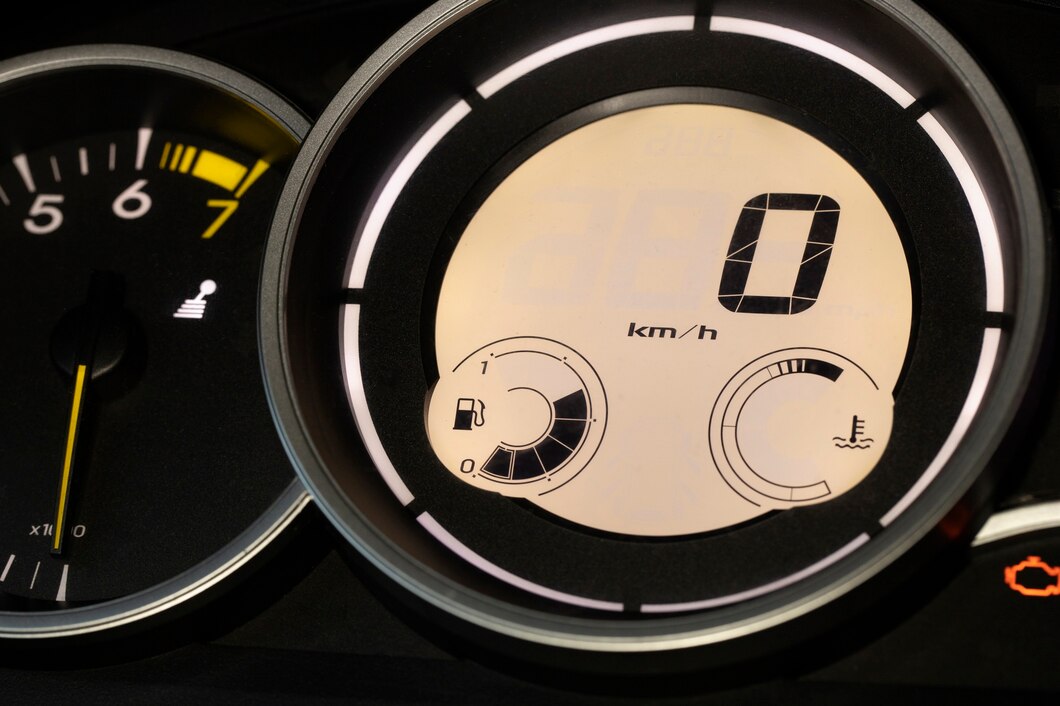A fuel injector is a critical component of a car’s engine, responsible for delivering fuel into the engine’s combustion chambers. Properly functioning fuel injectors ensure that your engine runs smoothly and efficiently. However, when a fuel injector becomes clogged, it can lead to a host of performance issues. Recognizing the early signs of a clogged fuel injector can save you from more serious and costly repairs down the line. Here are some key indicators to watch out for:
1. Engine Misfires
One of the most common symptoms of a clogged fuel injector is engine misfires. When the fuel injector cannot deliver the right amount of fuel to the engine, it disrupts the combustion process. This can cause the engine to misfire, leading to rough idling and hesitation during acceleration. You might feel a jerking motion or notice that the engine struggles to maintain a steady RPM.
2. Poor Fuel Economy
If you find yourself filling up your gas tank more often than usual, a clogged fuel injector could be to blame. When the injector is partially blocked, it can alter the air-fuel mixture, causing the engine to use more fuel to achieve the same power output. Over time, this inefficiency can significantly impact your fuel economy.
3. Loss of Engine Power
A clogged fuel injector can lead to a noticeable loss of engine power. You may experience sluggish acceleration and a general lack of responsiveness from the engine. This occurs because the engine is not receiving the optimal amount of fuel needed to perform at its best.
4. Rough Idling
An engine that idles roughly is another telltale sign of a clogged fuel injector. If the injector cannot deliver fuel smoothly, the engine will struggle to maintain a consistent idle speed. This can result in vibrations and a rough, uneven sound when the car is stationary.
5. Increased Emissions
Clogged fuel injectors can cause your car to produce more harmful emissions. When the fuel-air mixture is off balance, the combustion process becomes less efficient, leading to increased emissions of hydrocarbons, carbon monoxide, and other pollutants. This can cause your car to fail an emissions test and contribute to environmental harm.
6. Check Engine Light
A clogged fuel injector can trigger the check engine light on your dashboard. Modern vehicles are equipped with sensors that monitor various aspects of engine performance. When these sensors detect a problem with the fuel delivery system, they can activate the check engine light. It’s important not to ignore this warning and to have your vehicle inspected by a professional mechanic.
7. Fuel Odor
A strong fuel odor, especially when starting the car, can indicate a clogged fuel injector. When the injector is not functioning properly, it can cause unburned fuel to escape into the exhaust system, leading to a noticeable fuel smell.
Preventive Measures and Solutions
To avoid the issues associated with clogged fuel injectors, regular maintenance is crucial. Using high-quality fuel and adding fuel injector cleaners periodically can help keep your injectors in good condition. Additionally, having your fuel injectors professionally cleaned during routine maintenance can prevent clogs from developing.
If you suspect your fuel injector is clogged, it’s important to address the issue promptly. Ignoring the problem can lead to more serious engine damage and costly repairs. A qualified mechanic can diagnose the issue and recommend the appropriate course of action, whether it’s cleaning the injectors or replacing them if necessary.
Recognizing the early signs of a clogged fuel injector can help you maintain your vehicle’s performance and avoid more extensive repairs. Engine misfires, poor fuel economy, loss of power, rough idling, increased emissions, the check engine light, and fuel odors are all red flags that should not be ignored. Regular maintenance and prompt attention to any of these symptoms can keep your car running smoothly and efficiently.











